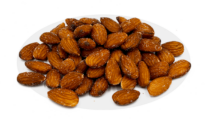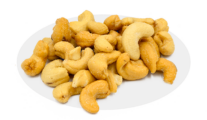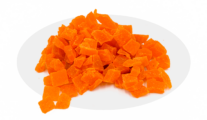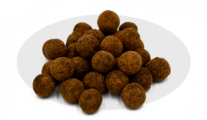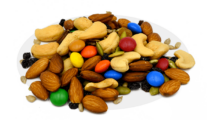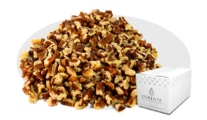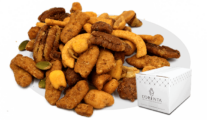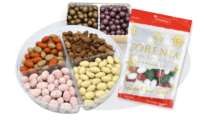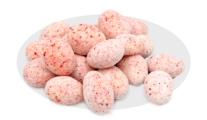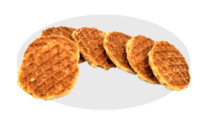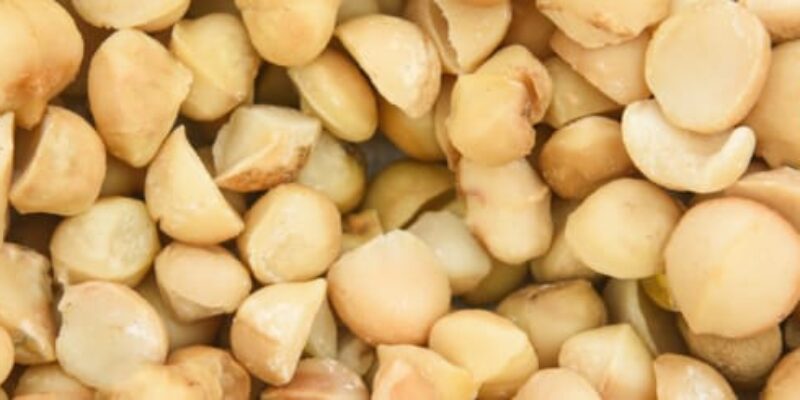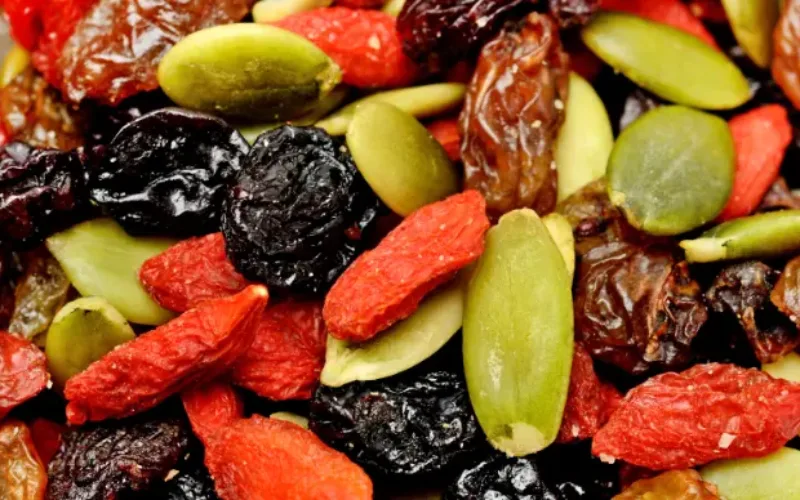Written By Sam Henselijn
Healthy Fats To Incorporate Into Your Diet. Fat is essential to give your body energy and to support cell function. In fact, making sure you ingest a decent amount of fat is a crucial element of a healthy, balanced diet. But it’s important to note that not all fats are alike. When it comes to dietary fats, it’s the type of fat and the amount consumed that really matters. So what’s the difference between them? Keep reading to learn what healthy fats you should really incorporate into your diet and which nuts and seeds can work miracles for your general well-being.
Healthy Fats To Incorporate Into Your Diet
Good vs Bad Fats
The four types of fat you’ll find in food are:
- Trans fats
- Saturated fats
- Monounsaturated fats
- Polyunsaturated fats
Trans Fats
Trans fats are considered the worst type of fat to eat. They can be found in some foods like shortening, refrigerated dough, such as biscuits and rolls, coffee creamer, fried foods and margarine.
The trouble with trans fats is they increase the risk of heart attacks, stroke and type 2 diabetes. Recent evidence suggests that both natural and artificial trans fats could put you at risk of cardiovascular disease by increasing LDL cholesterol and lowering HDL cholesterol.
Saturated Fats
Saturated fat is the kind of fat typically found in butter, lard, fatty meats and full fat dairy products such as cream, milk, and cheese. Considering most doctors advise that a third of our energy should come from fat, (or about 70g for a woman and 90g for a man per day) saturated fats should make up about a third of this allowance.
While not completely damaging to your health, it is advisable to cut down on foods high in saturated fat and, if possible, give preference to foods higher in unsaturated fat to help improve cholesterol levels.
Monounsaturated Fats
Monounsaturated fats are the healthy kind you get from foods like nuts, vegetable oils, avocados, and fish. The prefix “mono” means these fats have a single double bond in their fatty acid chain. Generally speaking, the fewer double bonds there are in the fatty acid chain, the less tightly packed they are and the lower the melting point. That’s good news since these chains tend to increase the amount of bad cholesterol in the blood and clog arteries.
Monounsaturated fats play a crucial role in cell regulation. They also help the body absorb vitamin D , build stronger bones, and support immune function.
Polyunsaturated fats
Polyunsaturated fats take on different forms, with the two most notable being the essential fatty acids omega-3 and omega-6. What makes them so precious is the fact that your body can’t manufacture them, so they must be ingested through diet.
Omega-3 fatty acids are commonly found in oily fish like salmon and trout, nuts, and seeds. Omega-6 fatty acids are also present in nuts, seeds, and vegetable oils, such as soybean, sunflower, and safflower oil. All in all, polyunsaturated fats can help reduce LDL cholesterol levels and lower your heart disease and stroke risk.
The Best Nuts For Your Health
Eating nuts as part of a balanced diet can have numerous health
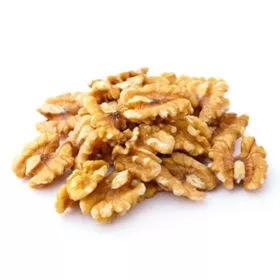
benefits. Nuts contain a lot of unsaturated fatty acids, plus many other nutrients. They’re also a great snack for anytime of the day, easy to store, affordable, and perfect for when you’re on the go. But which nuts are better for you?
Most nuts are actually quite healthy, but some contain more concentrated amounts of healthy fats than others. Walnuts, for example, are among the healthiest types of nuts you can have. Almonds, macadamia nuts, hazelnuts and pecans are other great choices when it comes to heat-healthy fats.
All of these nuts contain a significant amount of unsaturated fats and omega-3 fatty acids.
The “good” fats in nuts (monounsaturated and polyunsaturated) can help lower bad cholesterol levels, and reduce the risk of heart attacks and strokes.
What are the types of fats found in food?
Trans fats: Considered the worst type of fat, often found in shortening, refrigerated dough, coffee creamer, fried foods, and margarine.
Saturated fats: Found in butter, lard, fatty meats, and full-fat dairy products. It’s advisable to limit intake of these fats.
Monounsaturated fats: The healthy kind found in nuts, vegetable oils, avocados, and fish.
Polyunsaturated fats: Include essential fatty acids like omega-3 and omega-6, found in oily fish, nuts, seeds, and certain vegetable oils.
Why are trans fats considered harmful?
Trans fats are harmful because they can increase the risk of heart attacks, stroke, and type 2 diabetes by increasing LDL cholesterol and lowering HDL cholesterol. Both natural and artificial trans fats are linked to cardiovascular diseases.
What are the benefits of monounsaturated and polyunsaturated fats?
Monounsaturated fats help in cell regulation, vitamin D absorption, bone strengthening, and supporting immune function. Polyunsaturated fats, including omega-3 and omega-6 fatty acids, help reduce LDL cholesterol levels and lower the risk of heart disease and stroke.
Sam Henselijn Author’s Biography – Meet L’Orenta Nuts CEO
Copyright 2024 L’Orenta Nuts
L’Orenta Nuts proudly holds the SQF food safety certification, symbolizing our unwavering dedication to upholding the highest standards of food safety and quality. This certification guarantees that our products undergo rigorous scrutiny, ensuring transparency, traceability, and adherence to global food safety regulations for the utmost consumer confidence.
L’Orenta Nuts has the HACCP (Hazard Analysis and Critical Control Points) certification is a systematic approach to identifying, evaluating, and controlling food safety hazards. It ensures that food products are produced and handled in a manner that minimizes risks and complies with safety standards.
Our GMP (Good Manufacturing Practices) certification ensures that a manufacturing facility adheres to comprehensive quality and safety standards while producing pharmaceuticals, food, and other consumer goods, promoting consistency, quality, and compliance with regulatory requirements.
L’Orenta is an FDA-approved manufacturing facility and has met the rigorous standards set by the U.S. Food and Drug Administration. It demonstrates compliance with regulations, ensuring the production of safe and high-quality food products.


